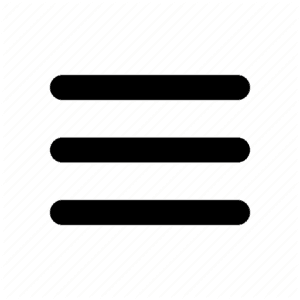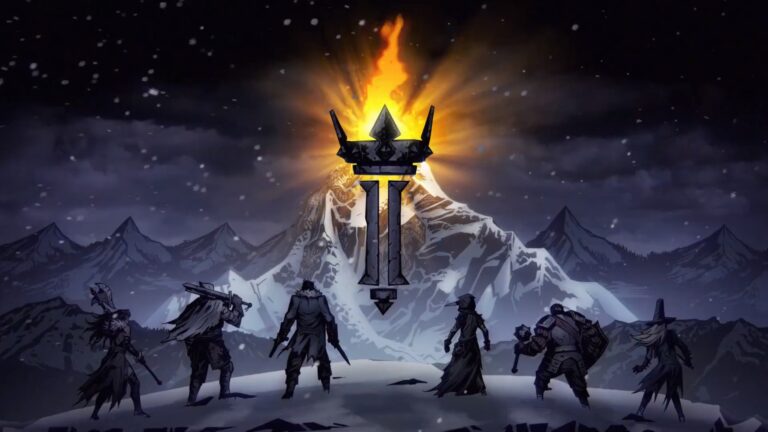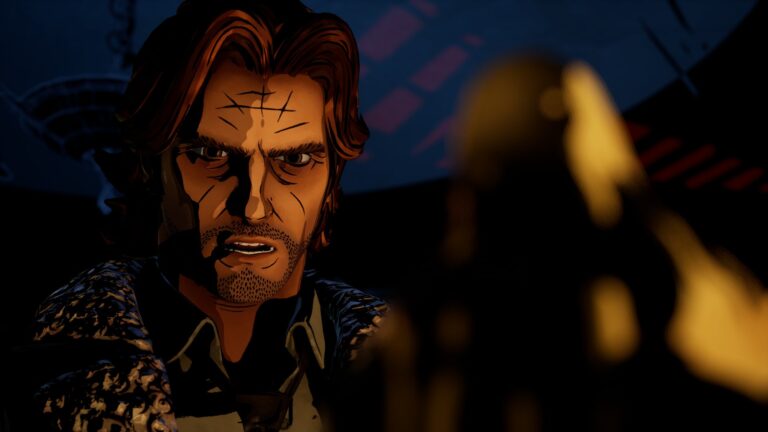The king of tactical turn-based strategy and stomach ulcer-inducing frustration returns! After lying dormant for three years, Firaxis’ XCOM franchise is back with a brand new spin-off titled XCOM: Chimera Squad. Unlike the globetrotting, world-saving adventures gamers are used to, Chimera Squad aims to deliver a much different, downscaled tactical experience that will catch longtime fans off guard. No, this isn’t about The Bureau: XCOM Declassified. Mentioning that game is forbidden.
Major XCOM 2 story spoilers ahead.
https://www.youtube.com/watch?v=Gx9_nWB3Hpc
From Saving the World to Saving City 31
Chimera Squad’s story picks up five years after the alien menace was defeated in XCOM 2. As a continuation of the rebooted timeline from XCOM: Enemy Unknown, players will see familiar alien faces they’ve encountered throughout countless, gut-wrenching campaigns. However, there is a key difference. The aliens gamers previously fought to exterminate are now friendly.
That’s right.
For the first time in the series’ 26 year span, humans will be working alongside the alien invaders.
Though, calling them invaders might be a stretch. With the toppling of the alien mandated government, ADVENT, and the total defeat of the alien leaders, the Elders, all troops under their command regained sentience and were freed from mind control. With Earth’s outer world masterminds gone, humans and aliens worked together to build a brighter tomorrow, bringing together all sorts of species to strive for that goal.
The culmination of these efforts is Chimera Squad, the peace-keeping law enforcement team tasked with protecting City 31 from ne’er-do-wells. It is comprised of individuals from all sorts of backgrounds, including humans and aliens.
It is up to this hybrid task force of 11 elite agents—and its commander—to prove that human-alien coexistence is more than possible. It is the necessary path to rebuilding the planet.
Meet the Team
In the rebooted XCOM timeline, all playable soldiers were customizable randomly generated characters . XCOM 2 took customization to another level with the sheer depth it offered. Characters’ races, facial structure, hair, scars, and more were at the player’s disposal. This creative freedom gave birth to edgy super soldiers, absolute meme-tier operatives, or anything in between.
On top of aesthetics, character classes and skills were also adjustable to fit whatever squad preference commanders wanted. Using in-game facilities, soldiers could be retrofitted into new class lines and learn different abilities to compensate for any shortcomings players might face.
Despite each character being a blank slate, commanders find themselves growing attached to their ragtag squadron as they level up and become the super soldiers the world needs. Though players have the ability to write up custom backstories for all their soldiers, it is the tales forged throughout XCOM’s missions that create the best drama. Facing the overwhelming alien horde and still coming out on top is a delicacy few games serve as well as XCOM.
This is what made permadeath such a scary thing and one of its defining features. Due to the campaigns’ merciless natures, the risk of losing soldiers is ever-present. No matter how clutch a commander’s operatives are, their deaths can come at any time, making every move count. One false step and a stray headshot could bring a swift end to any unlucky trooper.
In this new title, however, all those things are essentially out the window.
Chimera Squad gives players 11 preset canon characters within the XCOM universe, a privilege once set aside for story-important units and was far and few between. There’s no room for customization here. While previous titles were more strategy-driven, Chimera Squad has an increased focus on characters and story.
Each character has their own unique backstory and abilities; something XCOM: Enemy Unknown and XCOM 2 couldn’t deliver within a randomized environment. All Chimera Squad operatives have unique skills tailored to their class and race, locking characters in specific roles for upcoming missions, forcing players to strategize carefully. These characters aren’t XCOM 2’s super soldiers, after all.
The biggest kicker of all, however, is the removal of permadeath.
Unlike other games in the series, the loss of a single soldier results in a mission failure, forcing players to restart from a previous checkpoint. Pyrrhic victories are no longer possible. Every operative must survive for the story and game to progress. Though this may be commonplace in other story-driven games, it is a first for XCOM.
Save-scummers will see no difference.
Changed Up Mechanics
XCOM’s turn-based combat is incredibly formulaic and easy to follow. Players always move first, positioning their units around the battleground to get the drop on unsuspecting aliens. All units under the players command act with a set number of actions. Once all operatives depleted their action counts, the enemy’s turn starts. Their strategy involves the same idea, taking actions in response to the player’s.
Chimera Squad changes that up.
There are no longer set player or enemy turns. Instead, Chimera Squad introduces the “turn-order” system, a series’ first. Akin to some turn-based RPG’s, each unit has a designated action period. This change is massive.
XCOM 2’s combat meta largely revolved around commanders engaging enemies on player turns and wiping them out before using all operatives’ action points. This is the most optimal combat method for wiping out enemy squads (pods) and minimizing damage. With a turn-order system in play, that is no longer possible.
Player and enemy units now act one after the other throughout turns. The battle forecast on the right side of the screen informs commanders what units will move next as well as upcoming enemy turns. It is a fresh twist on the turn-based combat gamers have grown accustomed to in XCOM, forcing players to come up with innovative approaches to all combat scenarios. Remember, death is not allowed!
Thankfully, combat has been revamped as well.
Because of Chimera Squad’s nature, human operatives aren’t the only units taking to the battlefield. Alien units are playable for the first time. Though it was possible to use alien units in past games with mind control abilities and mods, this is the first time they’re core to the game —with each alien bringing unique skill sets to the squad.
The sectoid, Verge, is a psionic expert, capable of using mind control and persuasion to tackle dangerous situations. The viper, Torque, uses her snake-like tongue to pull allies out of harm’s way—and pull enemies into it.
All characters, human and alien, have their own unique abilities for a variety of strategic situations. It’s up to players to use them to their maximum potential.
With this, City 31 is now in Chimera Squad’s hands—or alien appendages.
A Fresh Spin
XCOM: Chimera Squad wants to tell the tale of Chimera Squad and its struggles, even if it means the removal of core, defining series features. It is a far cry from the country hopping adventures players may be familiar with. The game’s scale is much smaller, focusing on the protection of one city compared to protecting entire continents.
However, with its new spin on combat and story-driven nature, it may be the spin-off fans of the series can sink their teeth into while waiting for XCOM 3. It helps that it’s cheap too, especially during these financially tough times.
No related posts.






